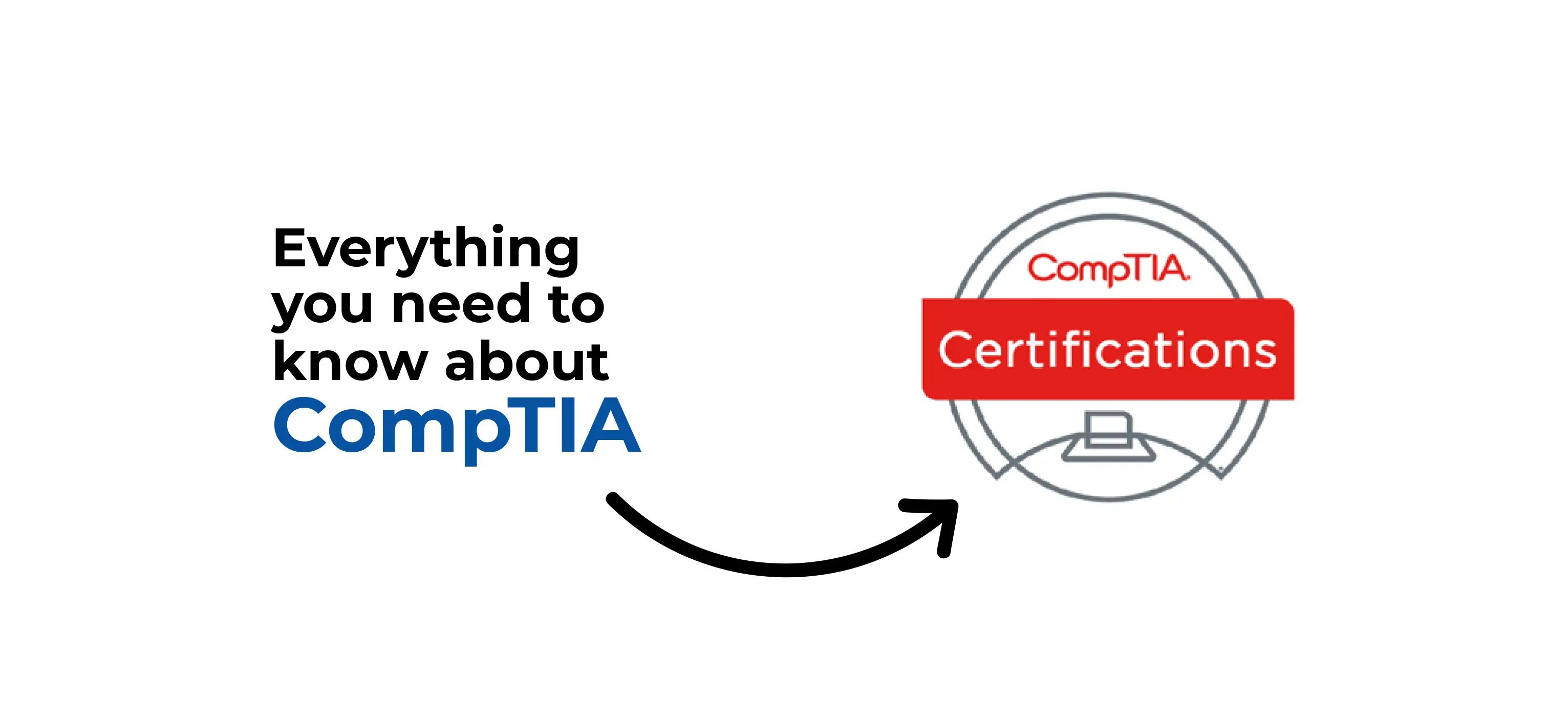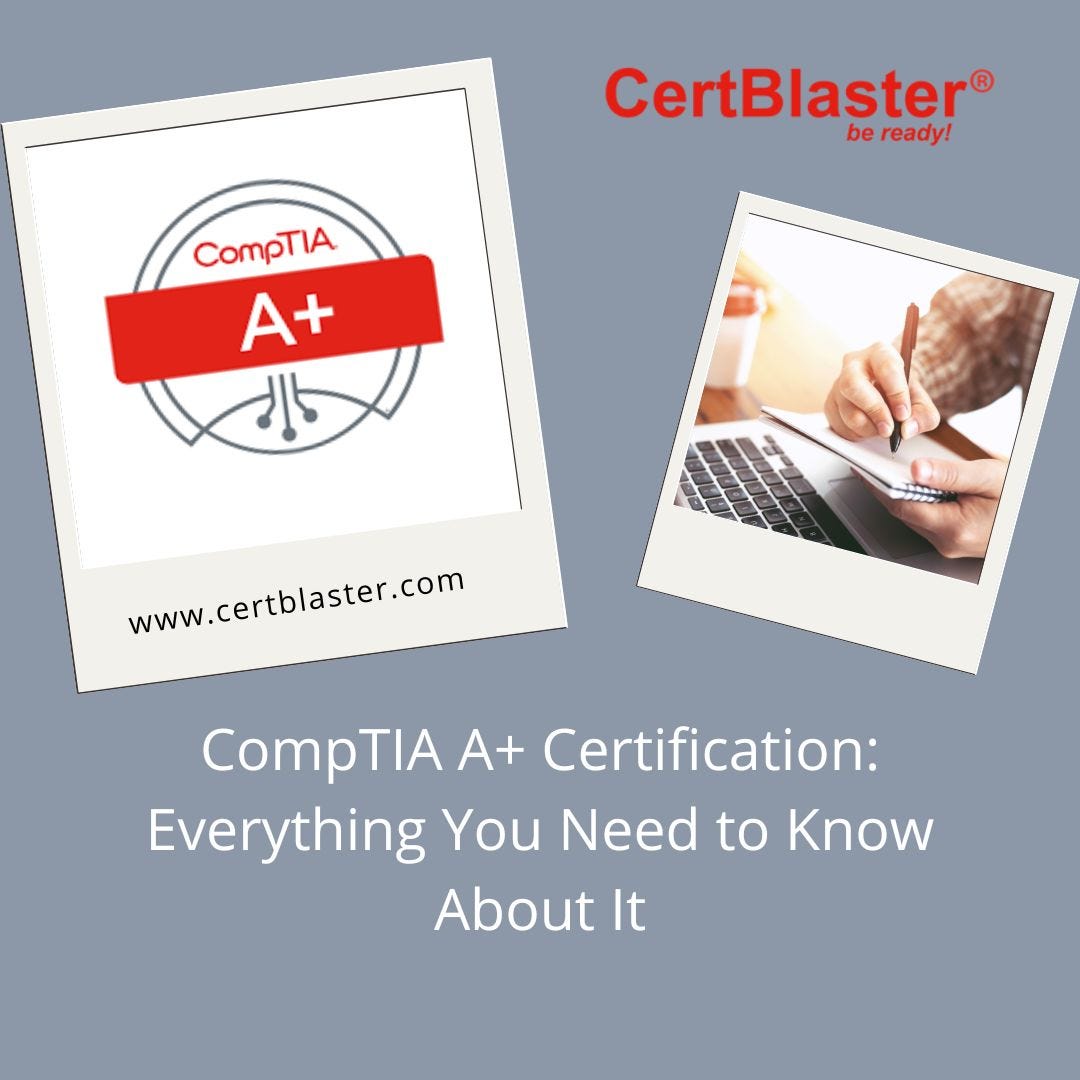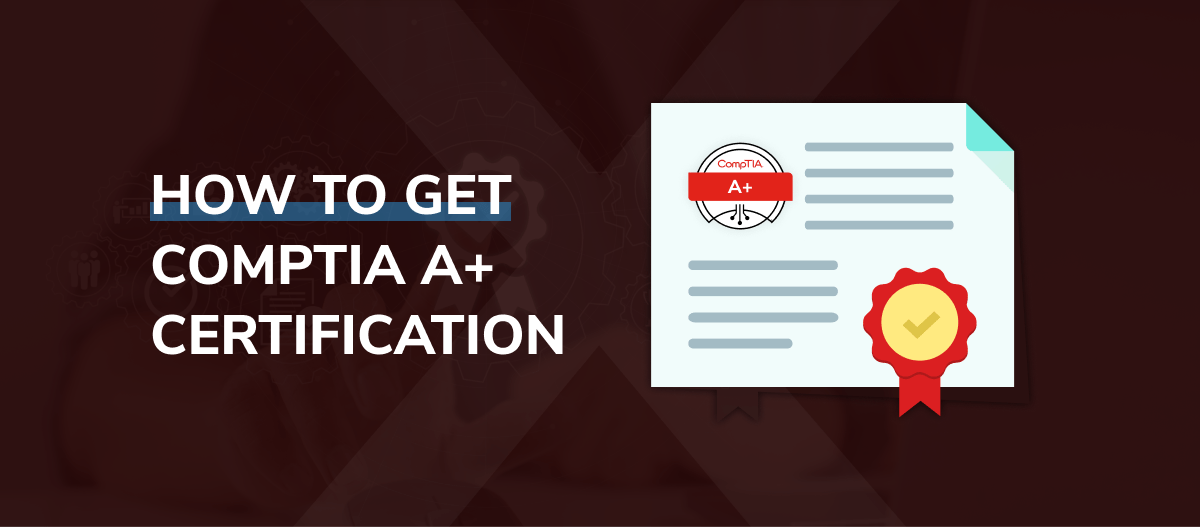The Certification CompTIA Org: Everything You Need to Know
In today’s rapidly evolving technology landscape, validating your skills and expertise is paramount. Certification provides a tangible measure of your abilities, boosting your career prospects and demonstrating your commitment to professional development. One of the most respected and widely recognized certification providers is CompTIA, the Computing Technology Industry Association. This comprehensive guide delves into the world of CompTIA certifications, providing you with everything you need to know to navigate their offerings and achieve your career goals.
What is CompTIA?
CompTIA is a non-profit trade association that issues vendor-neutral IT certifications. Unlike certifications tied to specific vendors (like Cisco or Microsoft), CompTIA certifications validate a broad range of IT skills applicable across various platforms and environments. This makes them incredibly valuable for professionals seeking versatile and transferable skills.
Why Choose CompTIA Certifications?
There are numerous benefits to pursuing CompTIA certifications, solidifying their position as a leading choice for IT professionals:
- Vendor-Neutrality: As mentioned, this broadens your knowledge and applicability.
- Industry Recognition: CompTIA certifications are globally recognized and respected by employers.
- Career Advancement: Certifications often lead to higher salaries and increased career opportunities.
- Skill Validation: They provide concrete proof of your knowledge and abilities.
- Foundation for Further Learning: Many CompTIA certifications serve as a strong foundation for more advanced certifications.
- Updated Content: CompTIA regularly updates its exams to reflect the latest technologies and industry best practices.
- Flexible Learning Options: You can prepare for CompTIA exams through self-study, online courses, boot camps, and in-person training.
The Popular CompTIA Certification Pathways
CompTIA offers a diverse portfolio of certifications, covering various IT domains. Here are some of the most popular and in-demand pathways:
- Core IT:
- CompTIA A+: The foundational certification for IT support professionals, covering hardware, software, networking, and troubleshooting. Ideal for entry-level positions.
- CompTIA Network+: Focuses on networking concepts, including network design, implementation, troubleshooting, and security.
- CompTIA Security+: Validates core security skills and knowledge, covering areas like threat detection, incident response, and risk management.
- Infrastructure:
- CompTIA Server+: Focuses on server hardware and software, including installation, configuration, and troubleshooting.
- CompTIA Cloud+: Covers cloud computing concepts, including deployment, migration, and security in cloud environments.
- Cybersecurity:
- CompTIA Cybersecurity Analyst (CySA+): Validates skills in data analysis and security monitoring, helping to identify and respond to security threats.
- CompTIA PenTest+: Focuses on penetration testing and vulnerability assessment techniques.
- CompTIA Advanced Security Practitioner (CASP+): Designed for experienced cybersecurity professionals, covering advanced security architecture and engineering.
- Data and Analytics:
- CompTIA Data+: Covers data analysis and interpretation skills, helping professionals to extract valuable insights from data.
Choosing the Right CompTIA Certification for You
Selecting the appropriate CompTIA certification depends on your career goals and current skill set:
- Entry-Level: Start with CompTIA A+ if you’re new to IT. This is a great foundation for other certifications.
- Networking Focus: Pursue CompTIA Network+ to build networking expertise.
- Security Focus: Begin with CompTIA Security+ to gain foundational security knowledge.
- Advanced Roles: Consider CySA+, PenTest+, CASP+, or Server+ based on your specific career aspirations.
- Career Exploration: Research the job descriptions of positions you aspire to hold and identify the required certifications.
Preparing for CompTIA Exams
CompTIA provides a variety of resources to help you prepare for their exams:
- Official CompTIA Exam Objectives: These outlines the content covered on each exam.
- CompTIA CertMaster: Official online training platform offering interactive lessons, practice questions, and performance-based simulations.
- Third-Party Training: Many reputable training providers offer courses, boot camps, and practice exams.
- Self-Study: Utilize textbooks, study guides, and online resources to learn at your own pace.
- Practice Exams: Regularly assess your knowledge and identify areas for improvement.
Exam Day and Beyond
- Scheduling Your Exam: Register for your exam through Pearson VUE, CompTIA’s official testing partner.
- Exam Format: CompTIA exams typically consist of multiple-choice questions and performance-based questions.
- Passing Scores: The passing score varies for each exam. The score is provided immediately after the exam.
- Recertification: CompTIA certifications are typically valid for three years. You can recertify by passing a more advanced exam, completing continuing education, or earning a higher-level certification.
Conclusion
CompTIA certifications provide a valuable pathway for IT professionals seeking to enhance their skills, advance their careers, and demonstrate their expertise. By understanding the various certification options, preparing effectively, and staying up-to-date with industry trends, you can leverage CompTIA certifications to achieve your professional goals and thrive in the dynamic world of technology.
Frequently Asked Questions (FAQs)
1. How much does a CompTIA certification cost? The cost of a CompTIA exam varies depending on the specific certification. Prices range from around $250 to $500.
2. What is the best CompTIA certification to start with? For those new to IT, CompTIA A+ is the recommended starting point.
3. Are CompTIA certifications worth it? Yes, CompTIA certifications are generally considered worth the investment, providing industry recognition, career advancement opportunities, and validation of skills.
4. How long does it take to prepare for a CompTIA exam? The preparation time varies depending on your existing knowledge, the complexity of the exam, and your study habits. It can range from a few weeks to several months.
5. What happens if I fail a CompTIA exam? You can retake the exam after a waiting period, which is typically two weeks. You will need to pay the exam fee again.



